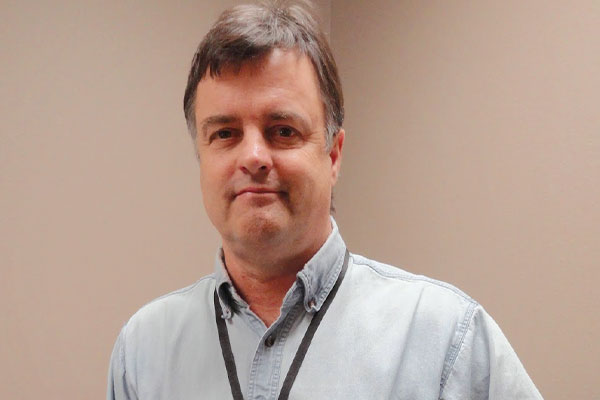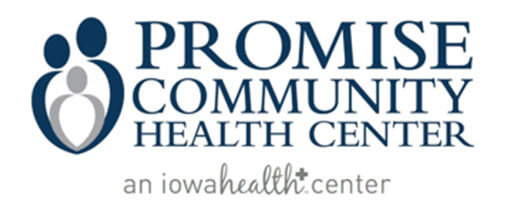
Promise Community Health Center Mental Health Team
Promise Community Health Center offers a range of mental health services. Our mental health team collaborates with our patients to assess current coping skills, address emotional needs and work through lifelong patterns. These services are available on-site and by Telehealth by our mental health department.
Promise Community Health Center is proud to provide bilingual mental health therapy in northwest Iowa. Our bilingual therapist can provide mental health services in both English and Spanish. Promise also provides our patients with a mental health interpreter who is qualified to interpret into Spanish for Spanish speaking mental health patients. Our goal is to make sure that our patients are able to do mental health therapy in the language they feel most comfortable speaking. We are happy to have bilingual mental health therapists and counselors and a mental health interpreter to provide accessible and affordable bilingual therapy in Northwest Iowa.
What can Promise Community Health Center in Sioux Center mental health therapists help with:
- Developing & exploring effective coping skills
- Addressing emotional needs
- Working through lifelong patterns
- Working through difficult life situations
- Developing better communication skills
- and so much more!
Our mental health therapists and counselors in Sioux Center provide many therapies including:
- Individual Therapy
- Child Therapy
- Adolescent Therapy
- Couples Therapy
- Women’s Issues Therapy
- Online Therapy
- Family Therapy
Our Promise mental health therapists are specialized and trained in many different therapies including:
- Anxiety Therapy
- Trauma Therapy
- A.R.T.- Accelerated Response Therapy
- EMDR- Eye Movement Desensitization and Reprocessing Therapy
- Art Therapy
- DBT- Dialectical Behavior Therapy
- Generational Family Therapy
- Complex Trauma Therapy
- CBT- Cognitive Behavioral Therapy
- Trauma Services Therapy
- Post-Traumatic Stress Disorder Therapy
Our Sioux Center therapists and counselors are offering services to the following in our northwest Iowa communities:
- Children- Ages 8 and older
- Adolescents
- Adults
- Couples
- Families
Some of our mental health therapy patients come from Sioux Center, Rock Valley, Inwood, and Rock Rapids. We also provide mental health therapy and counseling for patients from Boyden, Hull, Sheldon, George, Sibley, and Spencer. Patients needing mental health therapy or counseling also come from Le Mars, Orange City, Alton, Hawarden, and Hudson. Promise is proud to provide mental health therapy and counseling to northwest Iowa.

